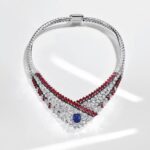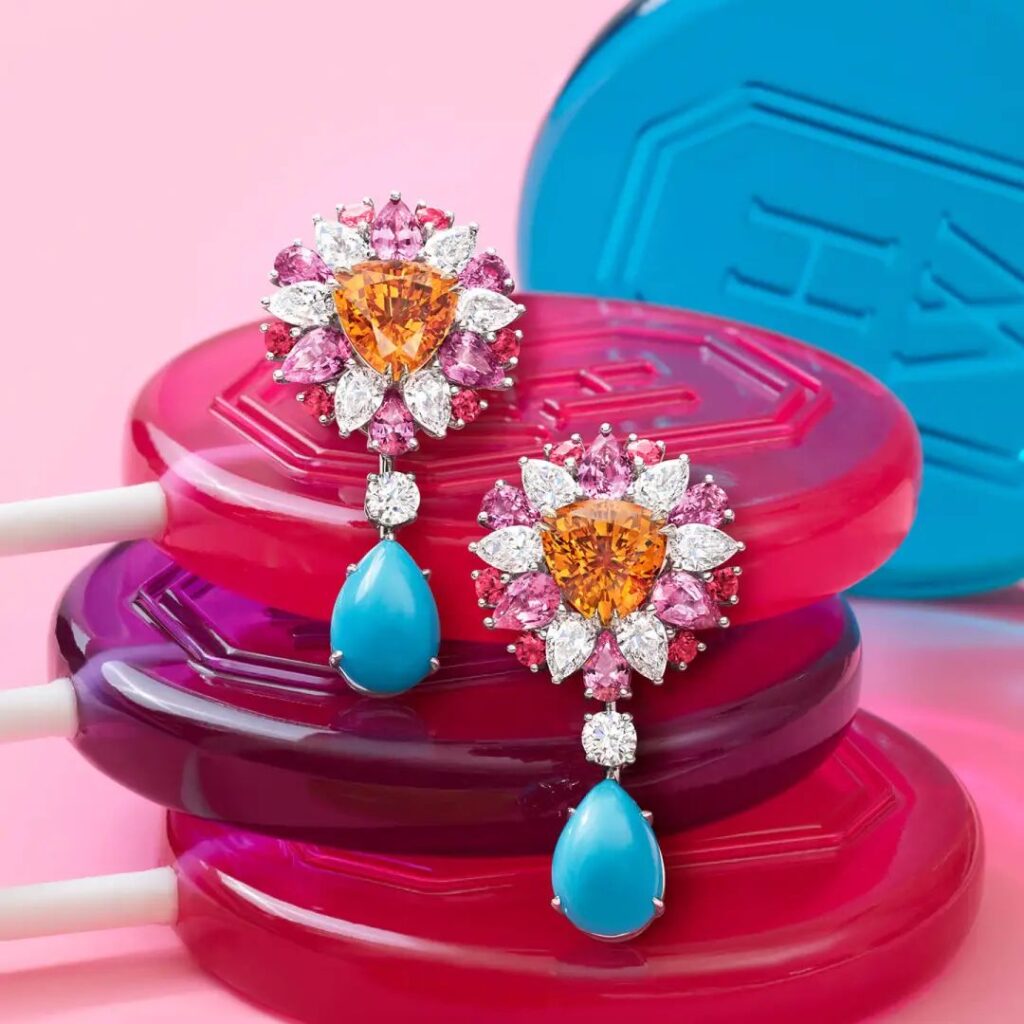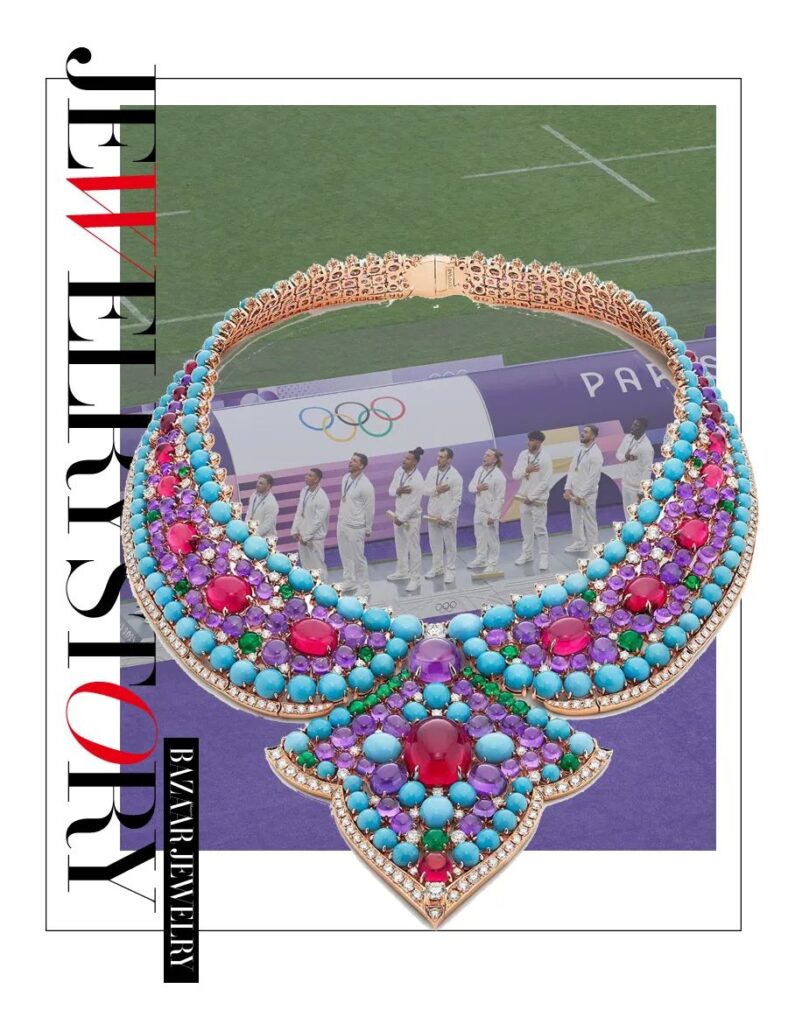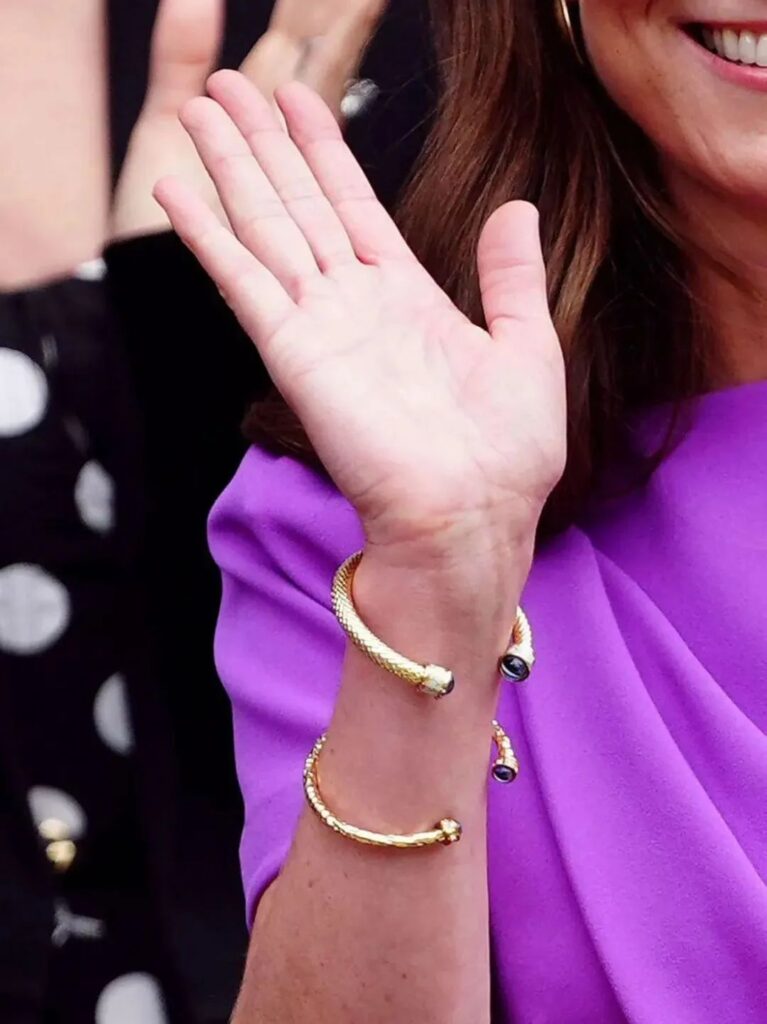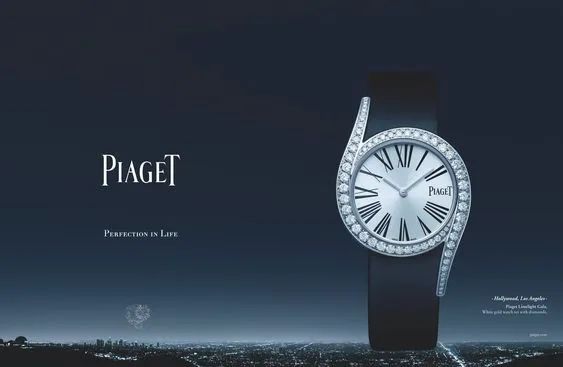
Deep in the Swiss Jura Mountains lies a small town called La Côte-aux-Fées. In French, the name means “Fairy Slope,” lending an air of mystery to this tranquil mountain village. It was in this poetic setting that the story of Piaget began.
In 1874, a 19-year-old named Georges-Édouard Piaget set up a small workshop in a corner of his family’s farm. Situated at an altitude of over 1,000 meters, the village endured long, cold winters. While other villagers huddled around warm fireplaces, young Georges-Édouard focused on crafting watch components.
Georges-Édouard Piaget had been passionate about watchmaking since childhood. In his workshop, he began producing high-precision movements and watch parts. Despite being in a remote mountain area, he knew that only superior craftsmanship and exceptional quality could win customers’ trust. He often told himself, “Always do better than necessary.” This phrase not only became his motto but also the core philosophy of the Piaget brand.
From Parts Supplier to Independent Brand

Thanks to his exquisite craftsmanship and unwavering pursuit of quality, Piaget quickly gained recognition in the Swiss watchmaking industry, becoming a movement supplier for renowned watch merchants. Georges trained all 14 of his children in the art of watchmaking, and the family worked together in movement production. This family-style management not only ensured the transmission of skills but also laid the foundation for Piaget’s future development.
After Georges retired, his children inherited both the business and their father’s passion for watchmaking and commitment to quality. They realized that to establish a firm foothold in the competitive watchmaking industry, being a parts supplier was not enough. They began preparing to evolve from producing movements to manufacturing complete watches, paving the way for the official birth of the Piaget brand.
In 1943, the Piaget brand was officially registered, marking Piaget’s transition from a behind-the-scenes movement manufacturer to an independent watch brand. Two years later, a new large workshop was completed in La Côte-aux-Fées, providing strong support for Piaget’s rapid development. The third generation of the Piaget family, brothers Gérald and Valentin Piaget, led the brand onto the international stage with their keen business acumen and market insight.
The Pursuit of Ultimate Thinness
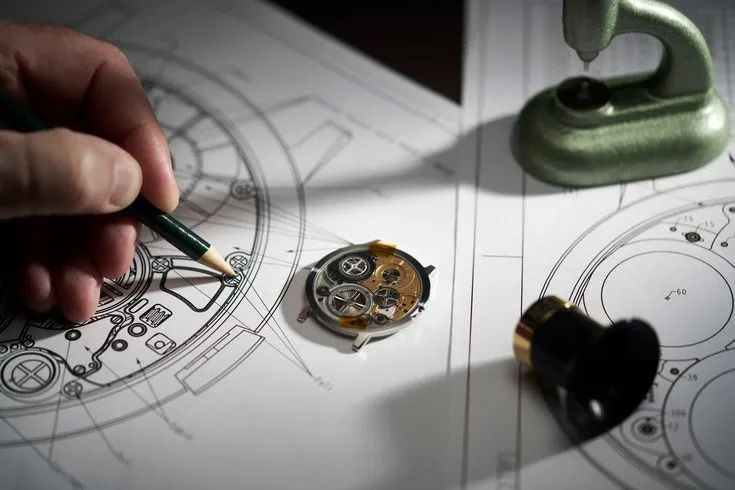
1957 marked a significant moment in Piaget’s history. That year, Piaget introduced the 9P manual-winding ultra-thin mechanical movement, measuring only 2 millimeters thick. This movement not only showcased Piaget’s superior watchmaking skills but also initiated the brand’s journey in ultra-thin watchmaking.
Just three years later, in 1960, Piaget set another record by launching the 12P self-winding movement, only 2.3 millimeters thick. It became the world’s thinnest self-winding mechanical watch at the time and was even included in the Guinness World Records. The creation of the 9P and 12P movements established Piaget’s leading position in the field of ultra-thin watches.
Piaget’s pursuit of ultra-thin technology never ceased. In 2010, on the 50th anniversary of the 12P movement, Piaget once again pushed the limits by creating the world’s thinnest self-winding movement and self-winding watch at that time. In 2013, Piaget applied ultra-thin technology to complicated functions, creating a minute repeater movement only 4.8 millimeters thick, setting another record.
These achievements not only demonstrated Piaget’s technological innovation capabilities but also embodied the brand’s spirit of “always doing better than necessary.”
The Perfect Fusion of Jewelry and Watches
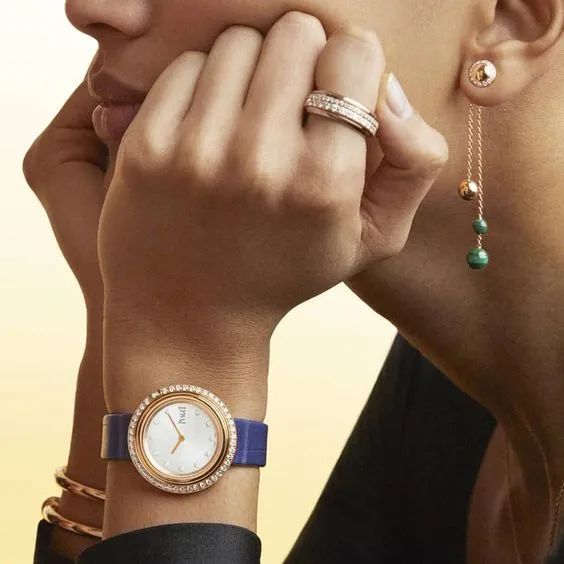
From the 1960s, Piaget began to focus on the jewelry sector, pioneering a new realm of jewelry watches. In 1964, Piaget launched its first collection of watches with dials made from precious stones such as lapis lazuli, turquoise, black onyx, and tiger’s eye, causing a sensation in the watchmaking world. In the same year, the brand also introduced its first bracelet watch, which became a classic in high-end watches.
Piaget skillfully combined its expertise in ultra-thin movements with exquisite jewelry-making techniques, creating pieces that were both precise and stunningly beautiful. Each Piaget watch is a work of art, reflecting the brand’s philosophy of excellence in both form and function. From then on, Piaget was no longer just a watchmaking brand but became a luxury brand that integrated high-end watchmaking with jewelry art.
In 1990, Piaget launched its first jewelry collection, “Possession,” officially announcing its entry into the jewelry sector. The Possession collection is known for its unique rotating design, symbolizing the “art of embracing” and conveying a warm and profound life philosophy. The success of this collection not only broadened Piaget’s business scope but also enriched the brand’s cultural connotations.
Inheritance of Innovation Spirit and Brand Culture
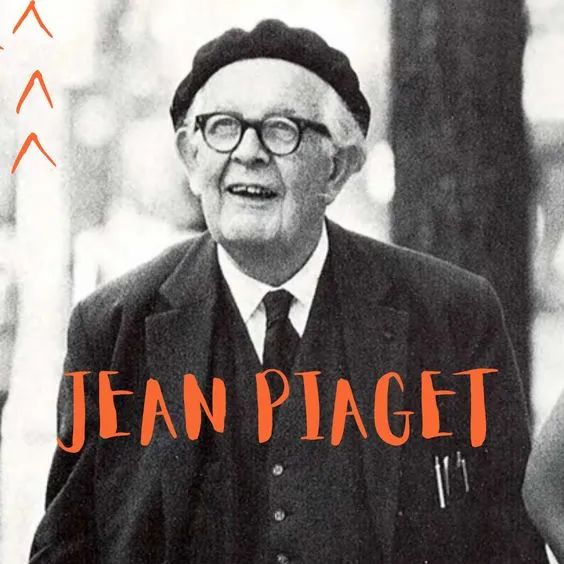
Piaget’s success stems not only from its exceptional technology but also from its spirit of continuous innovation. As the fourth-generation heir Valentin Piaget said, “Do what has never been done before.” This innovative spirit is embodied in every Piaget product, driving the brand’s continuous development.
In 1979, the fourth-generation heir Yves G. Piaget keenly captured market demand by associating the brand with the noble sport of polo, launching the Piaget Polo watch. This watch cleverly combined luxury and sports elements, causing quite a stir in places like the United States and becoming a new favorite in high society. The success of the Polo series not only expanded Piaget’s customer base but also injected more youthful and vibrant elements into the brand.
Piaget also actively participates in cultural preservation work, demonstrating the brand’s sense of social responsibility. In 1997, Piaget pledged to provide technical support for the restoration of the two Moor statues on the Clock Tower in Venice. After the successful restoration in 2007, this cultural heritage continued to accurately tell time for Venice, highlighting Piaget’s emphasis on cultural inheritance and its professional technical capabilities.
“Sunny Philosophy” Leading the Brand Spirit
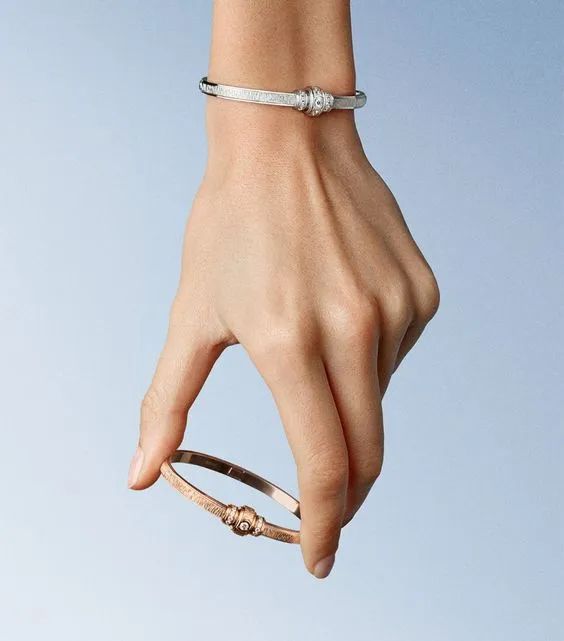
Piaget advocates the concept of the “Sunny Side of Life,” encouraging people to embrace life with a positive and optimistic attitude. This philosophy is deeply rooted in Piaget’s brand culture and is reflected in every piece of their work. Whether it’s colorful jewelry or exquisite and elegant watches, they all exude the warmth and vitality of sunshine.
Piaget’s high-end jewelry and watch designs draw inspiration from sunshine, nature, and invigorating destinations, aiming to bring wearers a world of infinite possibilities. This positive and uplifting brand spirit makes Piaget not just a luxury brand, but a symbol of a lifestyle attitude.
Balancing Heritage and Innovation, Continuing the Brand Story

As a brand with 150 years of history, Piaget has found a balance between heritage and innovation. The brand insists on independent research, development, and production, owning two watchmaking centers in Switzerland: the original workshop in La Côte-aux-Fées is responsible for movement production, while the new factory in Geneva concentrates all processes from design to finished watches. This control over the entire industry chain not only ensures high product quality but also provides a solid foundation for innovation.
Piaget continuously increases its investment in research and development. In just over a decade at the beginning of the 21st century, they introduced nearly 30 new movements, including complicated function movements such as tourbillons, dual time zone flyback chronographs, and perpetual calendars. These innovations all embody Piaget’s relentless pursuit of “ultra-thinness” and demonstrate the brand’s strength in high-end watchmaking.
From the small workshop on the Fairy Slope in 1874 to today’s globally renowned luxury brand, Piaget’s story is a journey of passion, innovation, and pursuit of excellence. Piaget has not only created many technological breakthroughs but also interpreted an elegant and confident lifestyle through its unique design language and brand philosophy.
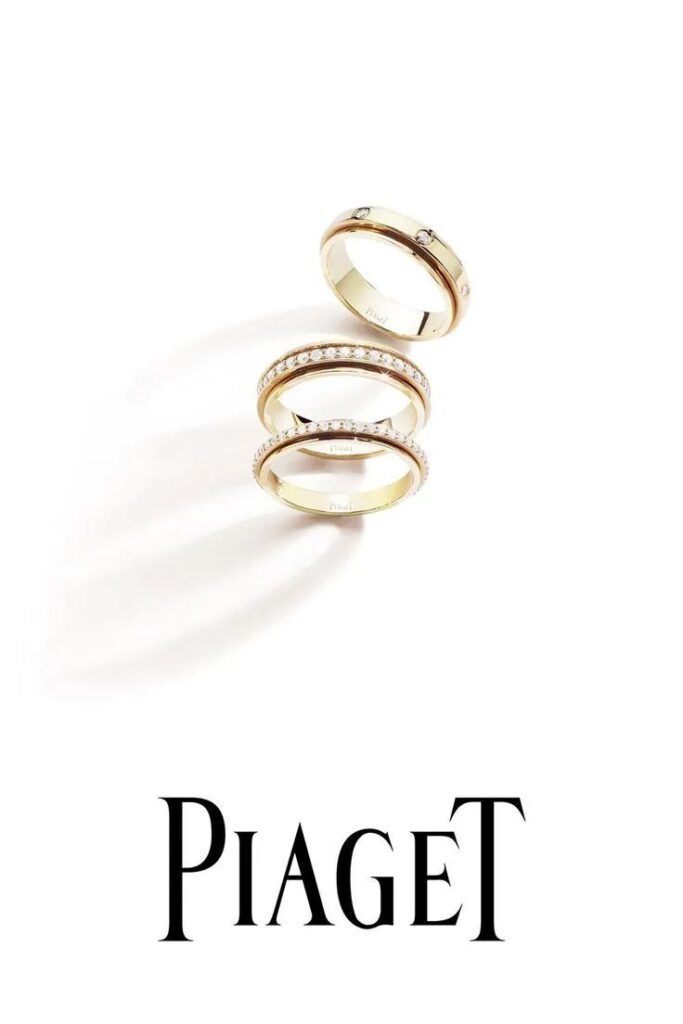
As the motto of founder Georges-Édouard Piaget states, “Always do better than necessary.” This spirit of continuous improvement will continue to guide Piaget on its future path, creating more breathtaking works and writing new chapters in the world of watchmaking.
Piaget: Crafting Excellence Beyond Expectations – The Story of a Legendary Swiss Watchmaker
Tweet
Further Reading

